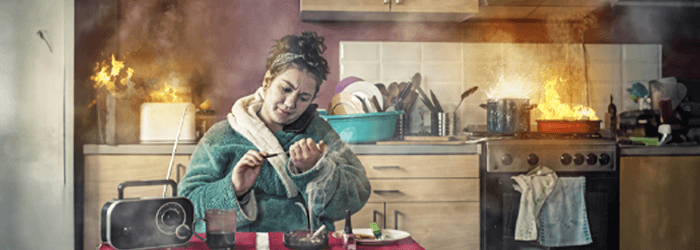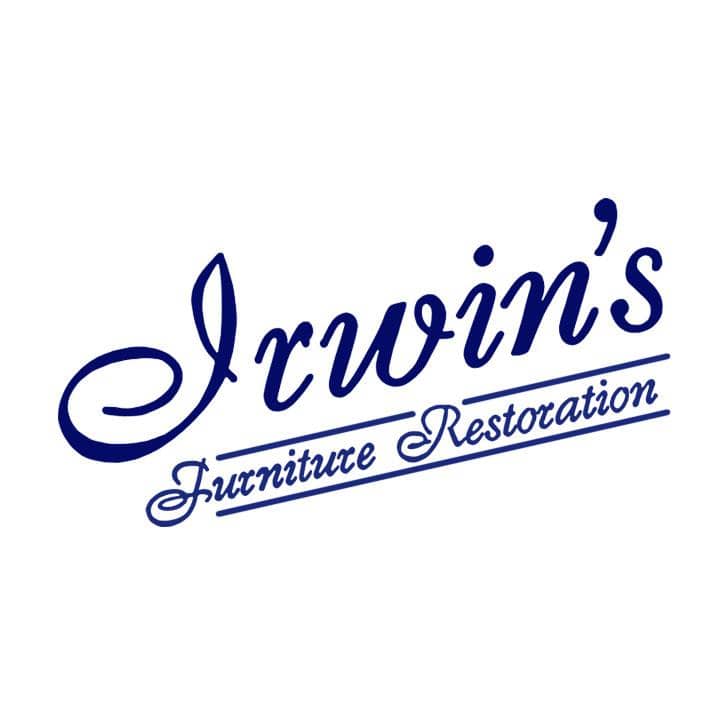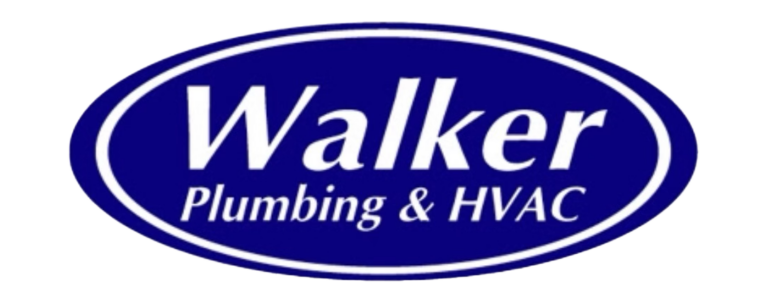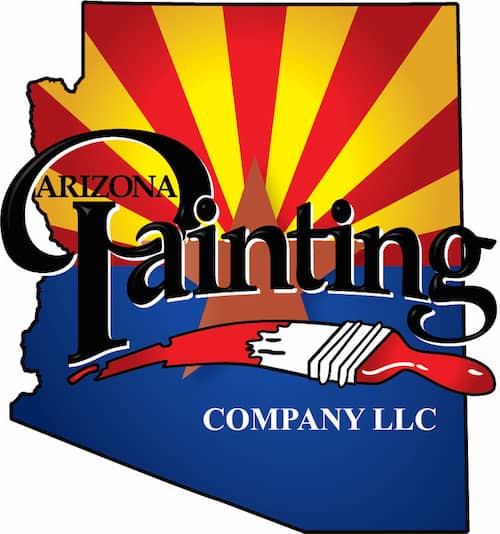Cook At Home and Cook Safely
This year’s National Fire Protection Association’s (NFPA) Fire Prevention theme is “Cooking Safety Starts with You!”. The goal is to educate all of us regarding safety measures we can take in our kitchens. Cooking fires are the leading cause of home fires and fire related injuries.
The NFPA offers some tips for staying safe while preparing meals:
Stove Fire Safety
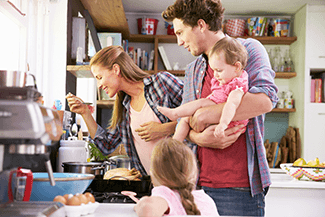 BE ALERT! Now, that sounds simple. Distractions, being tired, or being impaired can lead to catastrophe.
BE ALERT! Now, that sounds simple. Distractions, being tired, or being impaired can lead to catastrophe.- Stay in the kitchen. A lead cause of kitchen fires is unattended cooking. Stay near when you are frying, boiling, grilling, or broiling. Turn off the stove or stovetop if you must leave the kitchen.
- Check the progress regularly if you are simmering, baking, or roasting. Setting a timer for reasonable intervals can help remind you something is cooking.
- Be aware of who is in the kitchen with you. Young children can easily get underfoot or reach a hot cooking surface.
- If you carry a pot or pan from one place to another, keep others or obstructions at least three feet away.
In case of a Stove fire!
- TURN OFF THE HEAT SOURCE!
- If a pan fire starts, cover with a lid or approved fire blanket to smother the flames.
- For an Oven fire, turn off the oven and leave the door closed.
- If the fire is too large for you to take the steps above, LEAVE the house and call 911. You and your family’s safety are paramount.
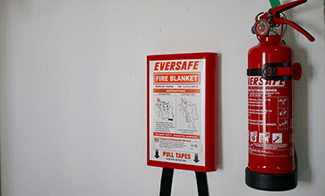
Microwave Fire Safety
These appliances are common in most of our homes. The NFPA has some salient tips for safe practices in working with microwaves.
- Plug the microwave directly into the wall. Never use an extension cord. A dedicated circuit for the microwave is required in most new or remodeled kitchens.
- Place the appliance so you can easily reach items placed in it. If the appliance is placed too high, the heated food could spill, scalding you, the most common injury with microwaves.
- When you remove the food, open any container slowly and direct it away from your face. The steam from the container is another potential scalding injury.
- Always use microwave-safe containers and dishes. Verify that they are safe by checking for the microwave safe symbol typically printed on them.
- Food heats unevenly in a microwave. Always stir and test before eating or offering heated food to children.
- Never warm up a baby bottle in a microwave. The fluid can get very hot and scald.
If there is a fire inside the microwave oven, turn the appliance off and leave the door closed. The lack of heat and oxygen will likely put the fire out. If it is too large for you to handle, call 911 and leave the house.
Electrical Cooking Appliance Fire Safety
Electrical cooking devices are becoming more and more popular. The NFPA has general tips about electrical cooking appliances and specific information about particular devices.
General Tips
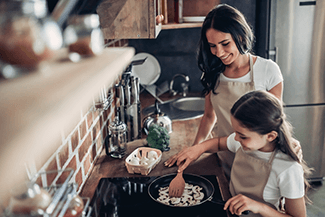 Always make sure the manufacturer has had the device tested. Typically, the device information panel will have a UL-listed number.
Always make sure the manufacturer has had the device tested. Typically, the device information panel will have a UL-listed number.- Read the instructions. Really read them!
- Unplug them when not in use.
- Check the electrical cords regularly for damage. If a wire is exposed, do not use the device until it is repaired properly.
Slow Cooker
The slow cooker is explicitly designed to allow you to do other things while dinner cooks. Meals are cooked on low heat for hours, allowing you to leave the house while dinner cooks. Here are some tips on what to do before you head out.
- Remove ANYTHING adjacent to the cooker that might catch on fire.
- Make sure the lid fits properly and can’t be disturbed while the cooking is taking place.
Pressure Cooker
Cooking with high pressure and hot steam is handy, but you must follow directions, or it can cause real problems.
Some things to keep in mind:
- Never leave your home while cooking with this device.
- Make sure the steam release valve is not clogged before cooking, and never cover the release valve.
- Make sure the kitchen is adequately ventilated for the steam release.
- Never open the cookers lid until all the steam under pressure is released.
Griddles, Electric Skillets and Hot Plates
- Stay with these while cooking.
- Unplug the device and let it cool down before cleaning.
Special Warning for Thanksgiving!
Turkey Fryer Fire Safety
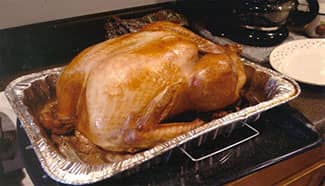
Fried turkey is a popular way to serve Thanksgiving turkey, and for a good reason – it is delicious! The most common way to cook it is in a vat of hot oil over an open flame. There are many potentials for disaster with this way of cooking. The hot oil can be displaced when putting the turkey in the oil. Also, the hot oil can splash out if the turkey has not been thoroughly dried. Children and or pets can tip the kettle and get burned.
If you are determined to cook your bird this way, get an electric fryer designed for this purpose. It is a much simpler and safer way to cook a fried turkey. Make sure the fryer has the UL listing on the product information label.
Since 1922, the NFPA (National Fire Prevention Association) has sponsored the public observance of Fire Prevention Week. The week is observed in commemoration of the Great Chicago Fire of 1871. During Fire Prevention Week, children, adults, and teachers learn how to stay safe in case of a fire. Firefighters provide lifesaving public education to decrease casualties caused by fires.
Thank you to the NFPA for all it does to educate us about fire safety year-round. Fire Prevention Week is the perfect moment to remind us to be diligent around our homes.
Fire Safety Resources
- https://www.kidde.com/home-safety/en/us/products/fire-safety/fire-ext
- https://www.kidde.com/home-safety/en/us/fire-safety/fire-extinguishers-for-home/
- https://preparedhero.com/products/hero-fire-blanket
###
Homeowner Handbook | #FireProtectionWeek
PODCAST
We discuss The National Fire Protection Association’s “Cooking Safety Starts With You” campaign with tips on safety and fire prevention in the kitchen. Introducing our newest Certified Partner Mason Pro Services. How to hang a picture on a slump block wall, roof underlay and other homeowner tips.
Podcast Archive With Expanded Content and Resources
PHOTO CREDIT
- Shutterstock

